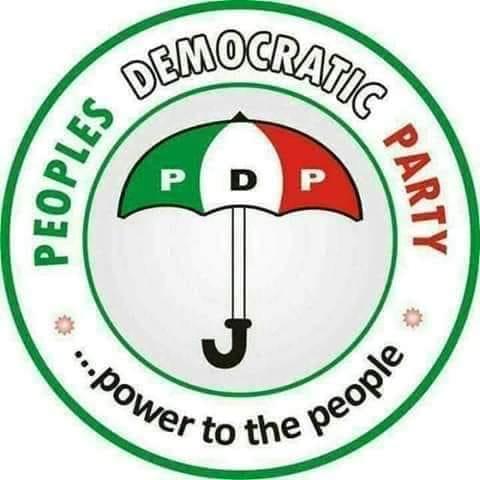The Peoples Democratic Party (PDP) has asked the Federal Government to stop fleecing Nigerians with high fuel price by immediately reducing the pump price to N70 per liter to reflect the appropriate pricing template following the fall in the price of crude oil in the international market.
In a release signed by Kola Ologbondiyan
National Publicity Secretary of the party stated that PDP rejected the N121 per liter price announced by the Federal Government, which has even remained unenforced.
The party described the step as highly provocative and a further display of the insensitivity of the All Progressives Congress (APC) to the plight of Nigerians, particularly as they battle the social and economic impact of the COVID-19 pandemic.
The party insisted that a N121 per liter price amounts to fleecing Nigerians of over N50 per liter of fuel. This is in continuation of the N55 per liter overcharge, which Nigerians had borne under the inappropriate N125 per liter, which prevailed for months, before it was brought down to N123.5 per liter, in spite of the crash in international price of crude oil.
The PDP rejects the unnecessary price pinching and demands that the Federal Government, should without further delay, implement the appropriate price as well as declare and account for the billions of naira accruable as overcharge since the crash in crude oil price.
The failure to reduce the pump price as well as the non-declaration of the overcharge is completely unacceptable to Nigerians, as it only points to questions of corruption in the system.
The PDP maintained that the APC and its government have no justifiable reason to retain the pump price of fuel at over N70 per liter. It again challenged the APC administration to disprove Nigerians by immediately publishing the prevailing landing cost, depot cost, trucking cost as well as the retail outlet admin cost and show why the pump price should be above N70 per liter.
The party however, urged the National Assembly to protect the interest of the people by using their legislative instruments to prevail on the Federal Government to implement the appropriate fuel pricing and account for the overcharges.

